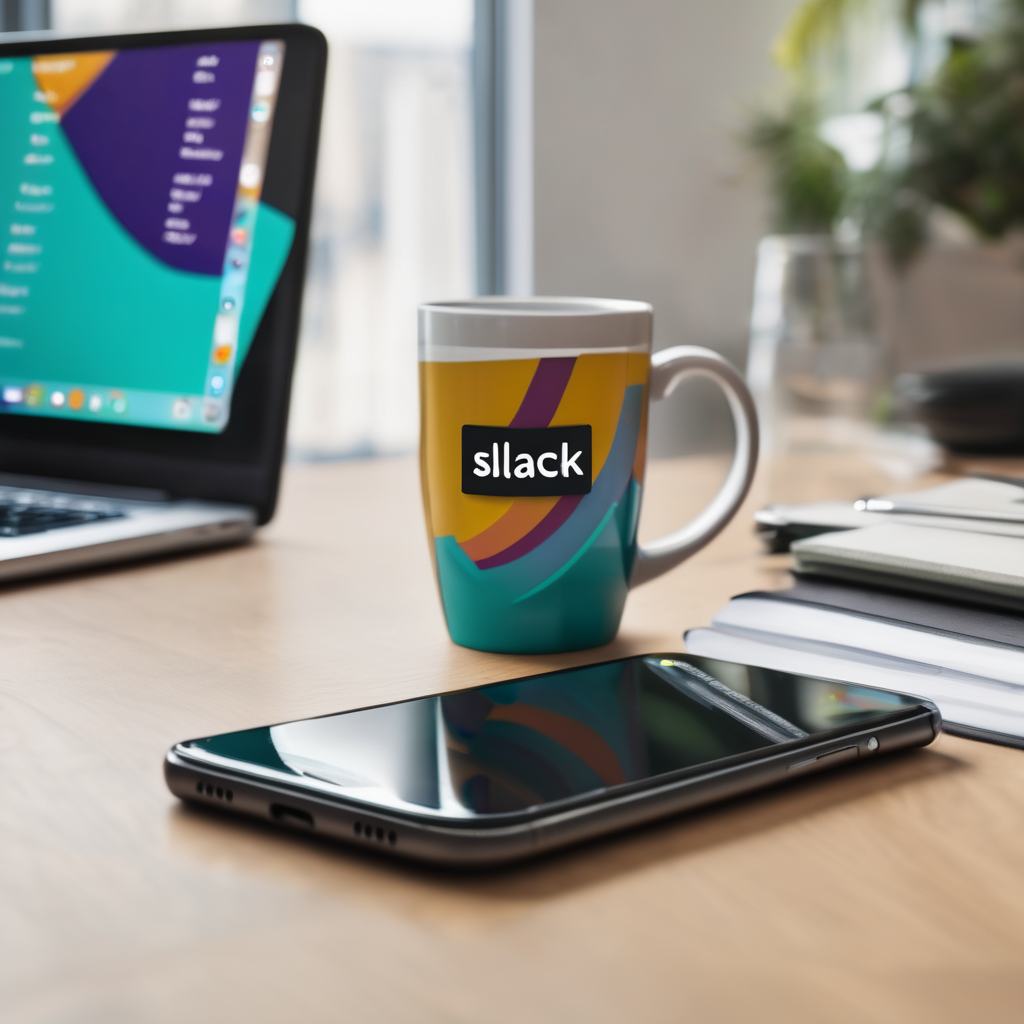OpenAI is facing significant challenges as internal communications leak amidst ongoing legal battles related to copyright infringement lawsuits. Recent court rulings have mandated the disclosure of Slack messages regarding data deletion from Library Genesis, a well-known source for pirated books, which may have major implications for the company as it navigates a complex legal landscape concerning intellectual property. This development highlights the intense scrutiny AI firms are under as they deal with the ramifications of using copyrighted material to train their models.
U.S. Magistrate Judge Ona T. Wang has partially rejected OpenAI’s legal privilege claims, determining that many internal discussions regarding these issues lack the essential requests for legal advice needed to qualify for protection. This court order is connected to two consolidated copyright cases against OpenAI, alongside its key investor, Microsoft, indicating that internal chats could emerge as crucial evidence in ongoing litigations.
These troubling revelations come at a time when OpenAI is already dealing with increasing concerns about the societal effects of its technology. Reports suggest the leaked messages include discussions on the potential risks associated with using copyrighted materials in AI training datasets, which could expose OpenAI to extensive financial liabilities. The court’s ruling that allows plaintiffs to review communications about removing references to Library Genesis may reveal attempts to lessen legal exposure after the fact.
Moreover, OpenAI’s internal culture has come under fire, with former employees raising alarms about how the company addresses the psychological impacts of its AI systems on users. A former safety researcher described alarming effects of ChatGPT, suggesting it may drive some users to experience psychosis. This situation underscores the ethical challenges intertwined with the legal disputes, implying that OpenAI’s rapid advancements may be outpacing its safety measures.
Internal tensions within OpenAI have been fueled by a prevailing sense of paranoia, with some employees suggesting that external critics are colluding against the company. This mindset has reportedly influenced the company’s legal defense strategies, amidst a backdrop of claims regarding data scraping and regulatory scrutiny. Historical warnings from researchers about the potential dangers of advanced AI further highlight the precarious situation, illustrating ongoing debates about the trajectory of artificial general intelligence without adequate safeguards.
The implications of OpenAI’s internal communications extend beyond the company itself, serving as a cautionary tale for other AI enterprises. Concerns regarding deceptive behaviors and manipulation in AI models have been amplified across social media platforms, signaling growing unease about unregulated AI developments within the tech community.
As OpenAI continues to develop innovative tools such as its GPT series, it must carefully balance ambition with accountability. Recent legal disclosures might lead to increased demands for transparency regarding proprietary data use, which is crucial for safeguarding the rights of authors and creators whose works could be used without consent.
With the stakes steadily rising, OpenAI’s leadership, including CEO Sam Altman, is now tasked with the urgent need to rebuild trust while addressing these legal challenges head-on. Although Altman’s recent AI-generated public relations appearances have drawn critiques, they spotlight the broader issues at play regarding data ethics and user safety.
The human decisions reflected in these internal communications could play a pivotal role in shaping the future of the AI industry. As legal proceedings unfold, they have the potential to establish new standards for accountability and ethical manufacturing of AI technology, ensuring progress does not come at the cost of legal or moral integrity. With billions of dollars potentially at risk, the outcomes of these lawsuits are set to significantly influence the operational approaches of AI companies for years to come.
